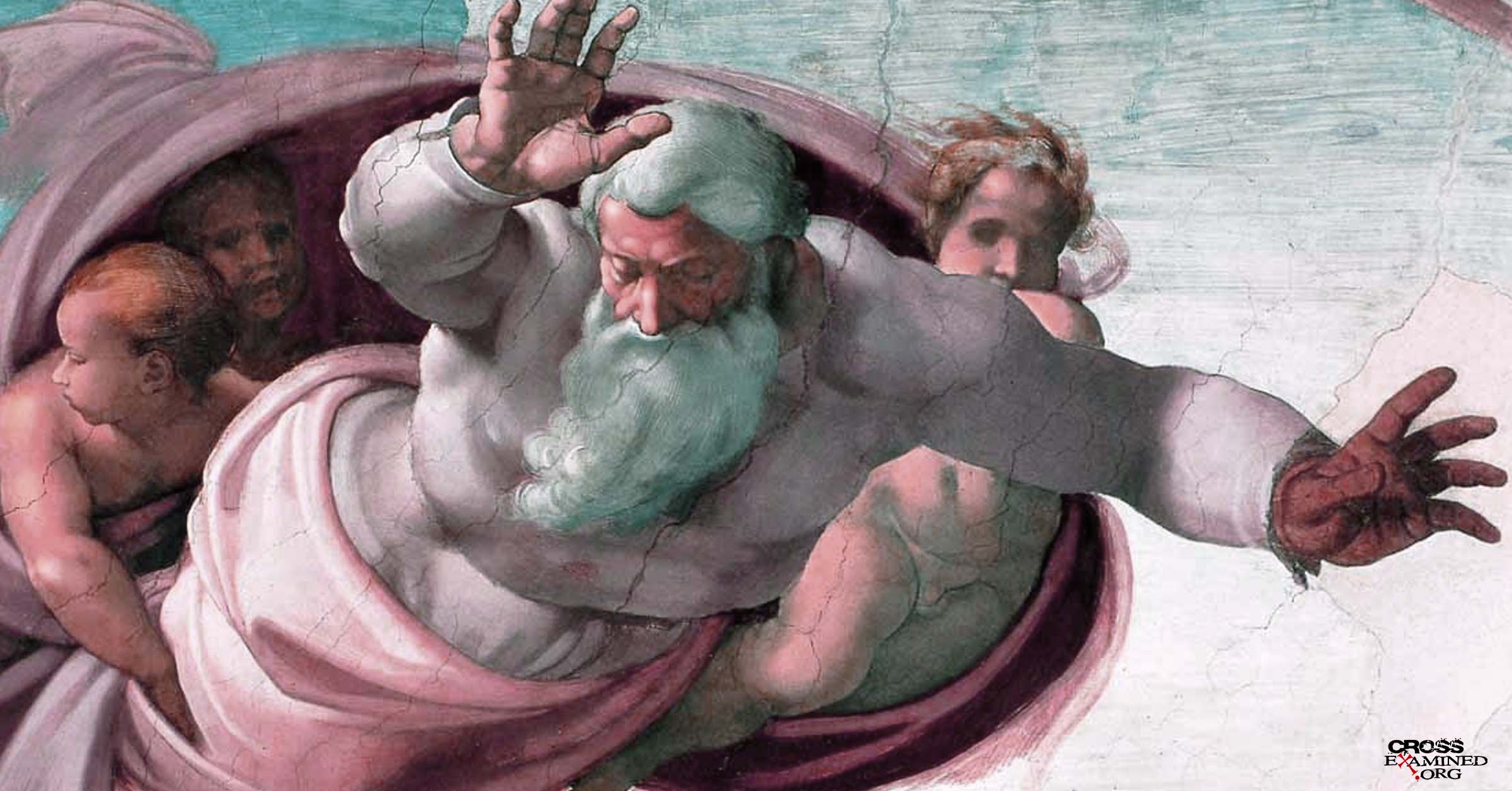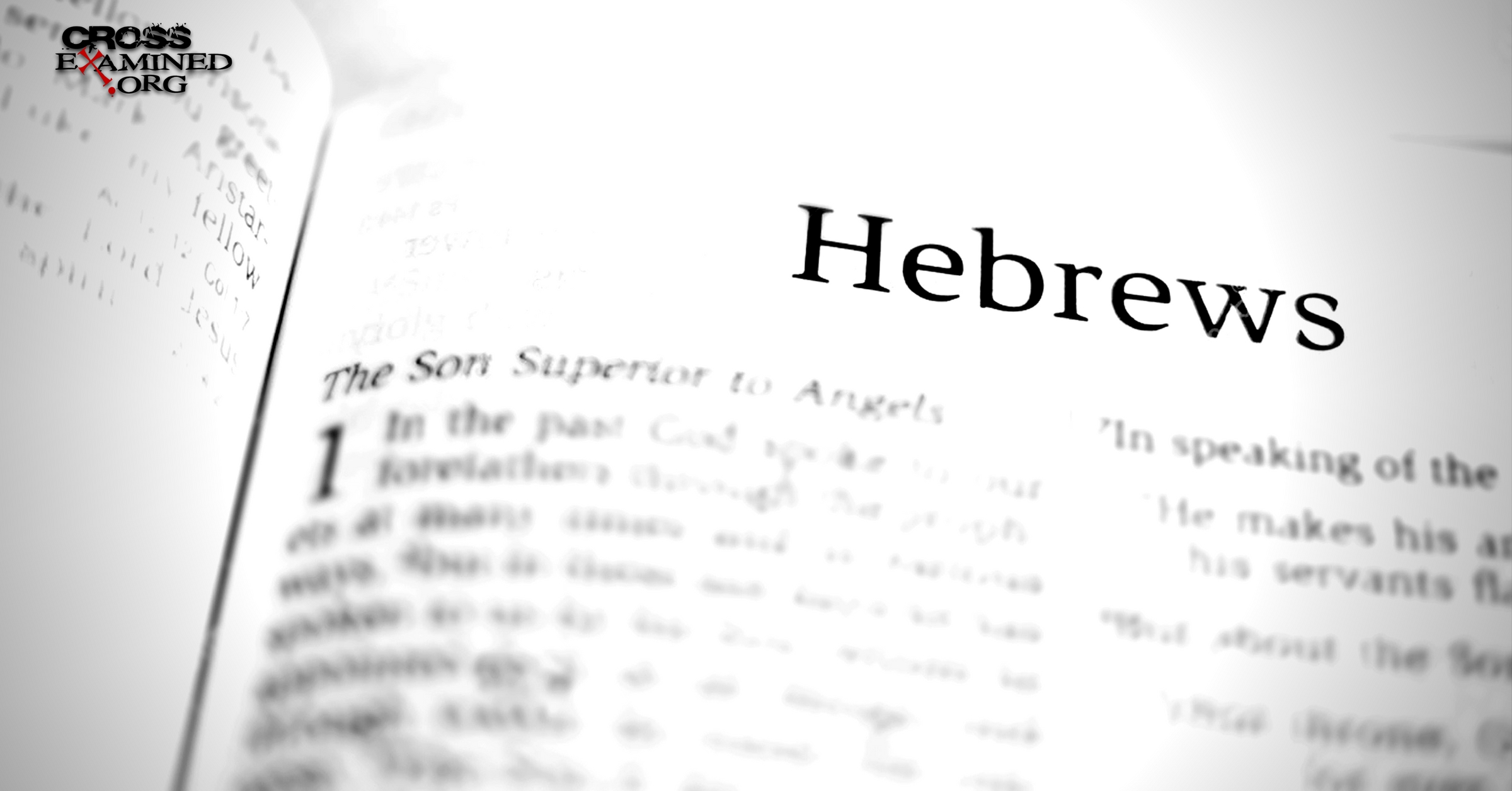Why God Does Not Need Praise
By Al Serrato
Christians claim that God is a perfect Being. By perfect, of course, we mean that God has every possible attribute in an infinite and complete way. In other words, God possesses everything, lacks nothing and needs…nothing. Why then, the skeptic will often counter, does this Being that needs nothing need praise? Doesn’t God demand that we praise and worship Him? A perfect being shouldn’t want for anything, including the worship of its creation. Right?
The question can be restated in the form of an argument denying that the God of the Bible is perfect. It would go like this:
• A perfect being has no needs and no wants.
• The God of the Bible needs and wants praise and worship.
• Therefore, the God of the Bible is not perfect.
Of course, a non-perfect “God” is a contradiction. This would lead to one of two conclusions: either God does not actually exist or the real God is not the God of the Bible. Either way, the Christian loses.
The value in restating the question lies in the clarification it brings to the skeptic’s assumptions. The syllogism set forth is logical. If in fact the God of the Bible needs and wants praise and worship, he could not rightly be viewed as perfect. The problem with the challenge is not the implied logic; no, the problem is that the assumption about God – that he both needs and desires praise – is false. The God of the Bible has no such desire. Instead, because he is the perfect Being, God rightly expects praise and worship from us lesser, imperfect beings, his creation.
To see why, one must first spend a moment considering what “praise” and “worship” entail. To “praise” is to express approval or admiration. It derives from the verb “to prize,” or in other words, to highly value something. To “worship” derives from “worth” and means to revere or to adore. To “revere” means to regard with awe, an overwhelming feeling of fear or admiration produced by that which is grand, sublime or extremely powerful. These concepts all boil down to the same basic thought: praise and worship are a recognition and expression of awe in the presence of something great.
In considering praise and worship, two things become apparent:
1) To be meaningful, praise and worship must be freely given. They are the human mind’s natural response to witnessing or experiencing something marvelous or amazing. You simply cannot force someone to experience such feelings. As is true of love, such feelings cannot be the result of coercion, for to coerce someone by threat, or by promise of reward, to give praise or to worship would deprive those things of any value or of meaning. One cannot be forced to admire or to feel awe.
2) Praise flows naturally from a recognition of greatness. Millions of people tune into the Olympics to marvel at the great skill and ability on display by the athletes in the arena. While the viewers may not recognize it, while they watch they no doubt feel a sense of awe at what they are witnessing. We have a term for this natural human response: it’s call hero-worship and just about everyone experiences it. From early childhood, most people will gravitate to someone who embodies for them qualities, capacities, or abilities that they admire and esteem. This human response occurs even if the viewer refuses to convey praise to the person they are watching, or where they actually dislike what is on display. For example, a viewer may dislike the Blue Angels for being militaristic, but contemplating the great skill required to control high performance aircraft travelling inches apart at near supersonic speeds would still result in a feeling of awe; the performance of the pilots is no small feat. The mastery of self and jet and the ability to perform generate awe. Similarly, some fans may dislike overpaid baseball players yet still admire the ability required to hit a curving ball travelling toward the batter at 90 miles per hour. In both cases, the viewer can refuse to give praise but the recognition of “greatness” in the performance will evoke a feeling of admiration.
Recognizing what praise and worship involve, it is apparent that no person – certainly not a perfect one – would demand it. It simply does not work this way. Review the pages of the Bible, and you will see that God does not demand praise and worship to fulfill some need of His. Where those concepts are discussed, they are the words and exhortations of other people talking about God. But God does expect our worship and praise. Of course He does, for that is indeed what we should feel when we contemplate Him.
This point bears emphasis. God knows the way things really are. His self-assessment of his infinite perfection is accurate. Such perfection is worthy of praise and awe and reverence from those lesser, limited being which he created. For God to think otherwise would not be humility, but error. Having no limitations, God rightly expects that we view him in the correct way, the only way that conforms to reality. Consequently, whatever attributes a person finds worthy of praise, God possesses these in infinite measure. Getting one’s mind around the immensity of a perfect God – of the utter overwhelming greatness that he possesses – one would necessarily be overcome with awe, fear and reverence. Whether we “like” Him or rebel against Him, our urge to praise and worship Him flow naturally from a recognition of His infinite greatness. If we could see God clearly, without our innate urge to selfishness and rebellion, we would naturally feel infinite “hero worship” for the greatest of all possible beings.
Now add to this the fact that God created us from nothing. He offers us the opportunity for union with Him, the chance to partake in His eternal loving relationship. When we begin to think deeply about the notion of what living eternally in the presence of perfection will be like, we will naturally, as a recognition of the proper order of things, gush praise and worship, and love. This is what the Bible is capturing when it speaks of the need – our need – to give praise and worship to God.
For those looking in from the outside, this will make little sense. They will mock our rituals of prayer, worship and adoration as primitive things, forced upon us by a jealous and angry god. For they do not yet understand. They have closed their minds to Godly things. Think of it this way: a person encounters a scuba diver for the first time. Watching him ascend a set number of feet and then stop for a period may seem quaint. The observer might imagine that the diver is saying prayers to the gods or partaking in some other primitive ritual. But the diver knows better. Understanding the workings of nature – that rising too quickly will result in that dangerous condition known as the bends – he periodically stops his ascent to comply with the natural order of things. It may seem like silly ritual to the uninformed, but to one with actual knowledge of the way things really are, it is indispensable. It is something he must do to remain in sync with the natural order of things.
So too with eternal matters. While our prayers and beliefs and rituals may seem foolish to the secular world, they are in fact a proper recognition of the “worth”ship of God. We bend our knees voluntarily to His sublime excellence, for it too is the natural order of things.
Recommended resources related to the topic:
What is God Really Like? A View from the Parables by Dr. Frank Turek (DVD, Mp3, and Mp4)
Stealing From God by Dr. Frank Turek (Book, 10-Part DVD Set, STUDENT Study Guide, TEACHER Study Guide)
_____________________________________________________________________________________________________________________________________________________
Al Serrato earned his law degree from the University of California at Berkeley in 1985. He began his career as an FBI special agent before becoming a prosecutor in California, where he worked for 33 years. An introduction to CS Lewis’ works sparked his interest in Apologetics, which he has pursued for the past three decades. He got his start writing Apologetics with J. Warner Wallace and Pleaseconvinceme.com.











